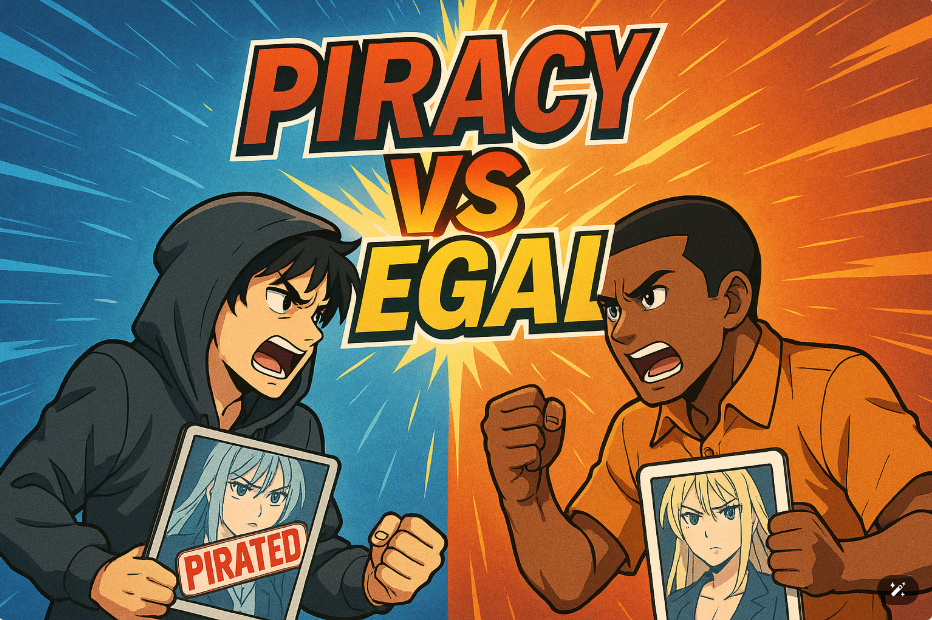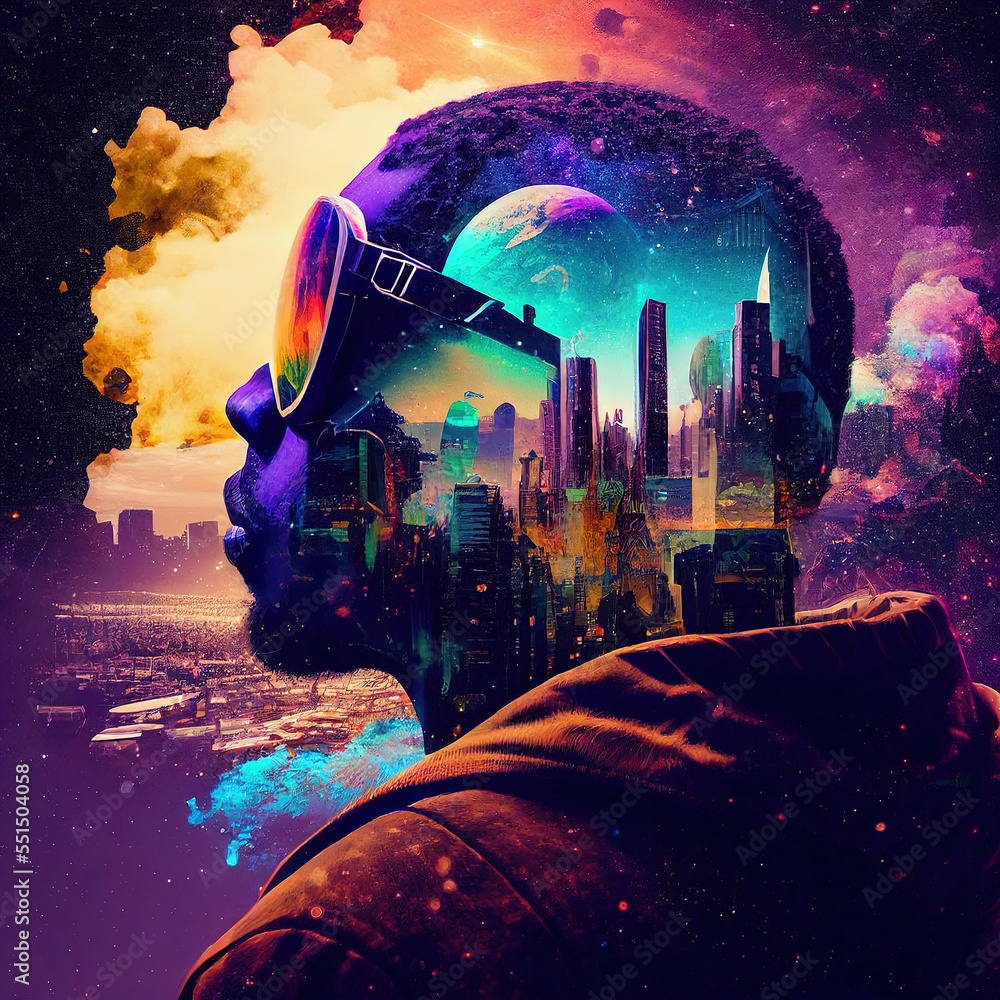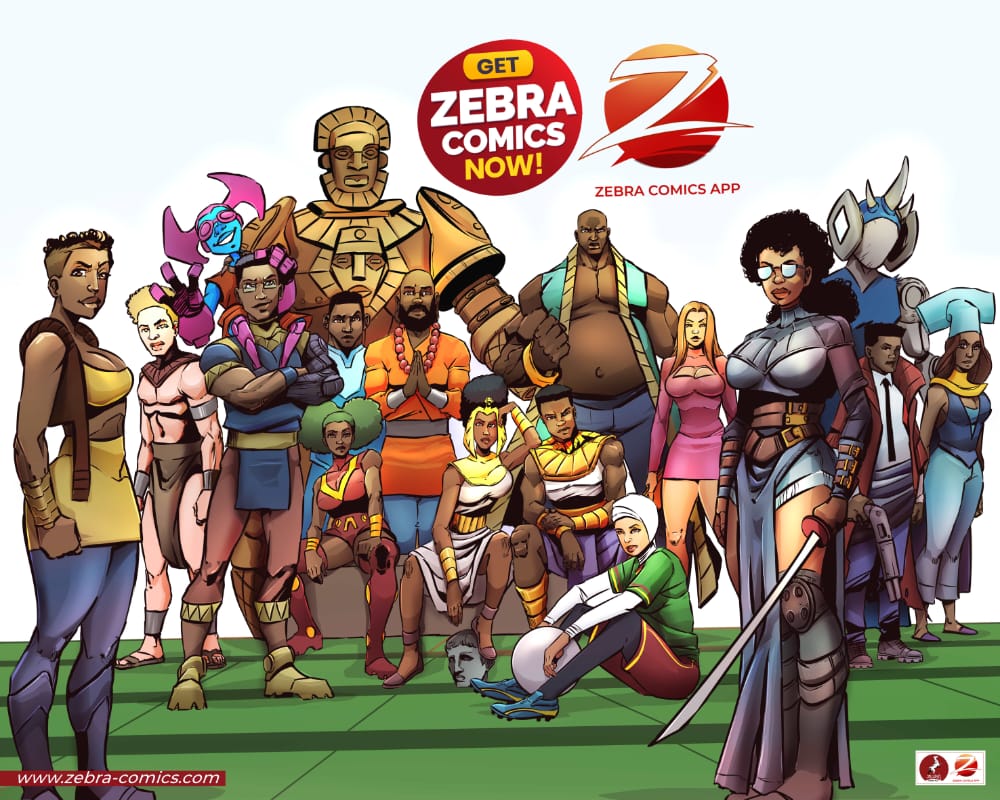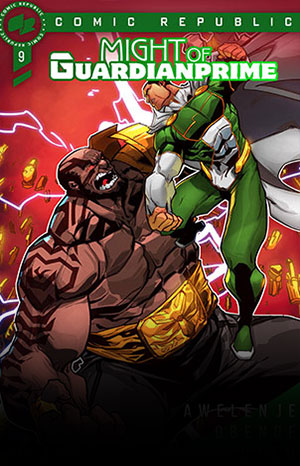How “Free” Becomes the Most Expensive Choice in Africa
If manga piracy were truly the cheapest path to reading, Africa would already be home to several dominant comic industries — studios buzzing with creation, artists earning sustainable incomes, and digital platforms flourishing like their Japanese and Korean counterparts. But for something that feels “free,” piracy has cost Africa more than we dare to admit.
As we explored in The Manga Craze and the Impact of Piracy on African Content, piracy is not merely a criminal act — it has become so normalized that some users boldly claim they are “helping us” by pirating the Zebra Comics app. That statement reveals a belief system shaped by decades of scarcity, not by the reality of today’s digital world.
I admit my own guilt: I grew up on pirated scans too. I sat in cyber cafés reading manga from illegal scanlation websites the same way countless African youths did. We waited weeks for pirated Naruto episodes because legal options simply didn’t exist. Back then, piracy felt like survival.
But the world has changed. Legal platforms like MANGA Plus by Shueisha and WEBTOON exist. Africa itself has Zebra Comics, the continent’s largest homegrown digital comics ecosystem. Mobile payments now exist. Distribution exists. Infrastructure exists.
Yet the habit of piracy — a habit formed before these systems existed — continues to hold back African storytelling.
So let’s confront the central belief:
Is manga piracy really cheap?
Or is it simply a cost—personal and continental—that we refuse to acknowledge?
Why African Comics Struggle to Grow
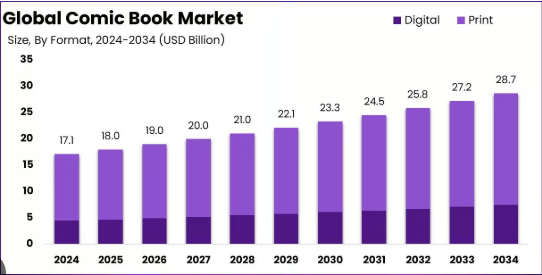
African comics are not lacking in talent. They are suffocating under layers of structural and cultural obstacles.
For decades:
- African readers were conditioned to perceive digital stories as “free,” because illegal access was the only access.
- Digital distribution was nearly nonexistent, leaving creators with no way to earn.
- Governments provided no support, regulations, or infrastructure for the sector.
- Readers lacked easy payment methods, even if they wanted to support creators.
- And a subtle inferiority complex developed: manga and Western content were placed on pedestals so high that African comics were dismissed before being experienced.
These forces formed a fragile ecosystem — one that piracy did not merely weaken, but nearly shattered.
What Piracy Really Is — Beyond Illegality
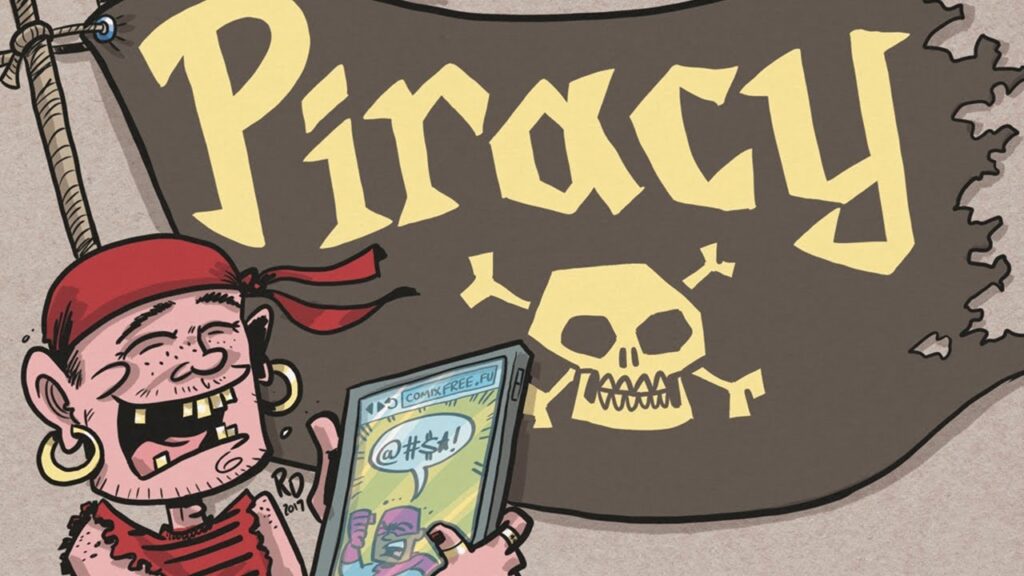
Legally, the answer is straight-forward. As global authorities remind us:
- According to WIPO, piracy is a direct violation of international copyright law.
- According to INTERPOL Cybercrime Guidelines, digital piracy is prosecuted under the same frameworks as online theft.
But in Africa, piracy is not just a legal infraction — it is a cultural habit with generational consequences.
When someone pirates:
- an artist loses income,
- a studio loses the ability to hire,
- a publisher loses revenue needed to sustain operations,
- platforms lose the resources needed to survive,
- investors walk away,
- and the creative economy suffers.
Piracy is not just theft. It is erosion.
Piracy Is Not Even Financially Cheap in Africa
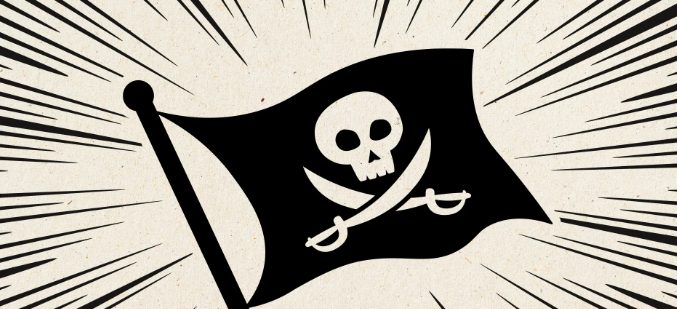
There is another truth African readers rarely consider:
Piracy is financially expensive — even for the pirate.
In a continent where mobile data is among the most expensive in the world (as highlighted by Cable.co.uk Global Data Pricing Reports), piracy becomes a hidden financial drain.
To pirate manga, you must:
- buy mobile data
- search endlessly for illegal sources
- load heavy, ad-cluttered pages
- dodge pop-ups and malware
- refresh for missing or late chapters
- risk viruses that damage phones
- waste hours searching for readable versions
Every one of these steps consumes:
- data,
- time,
- energy,
- and mental peace.
And the math is brutal:
Readers often spend more on data loading illegal sites
than they would on a clean, affordable subscription to Zebra Comics.
The idea that piracy is “free” collapses instantly when you consider:
- data costs,
- device risks,
- time costs,
- emotional frustration,
- and the instability of illegal websites.
Piracy drains both the wallet and the soul.
Legal reading, by contrast, is financially lighter, mentally smoother, and culturally constructive.
Legal Reading: Cheaper, Safer, and Better for the Future
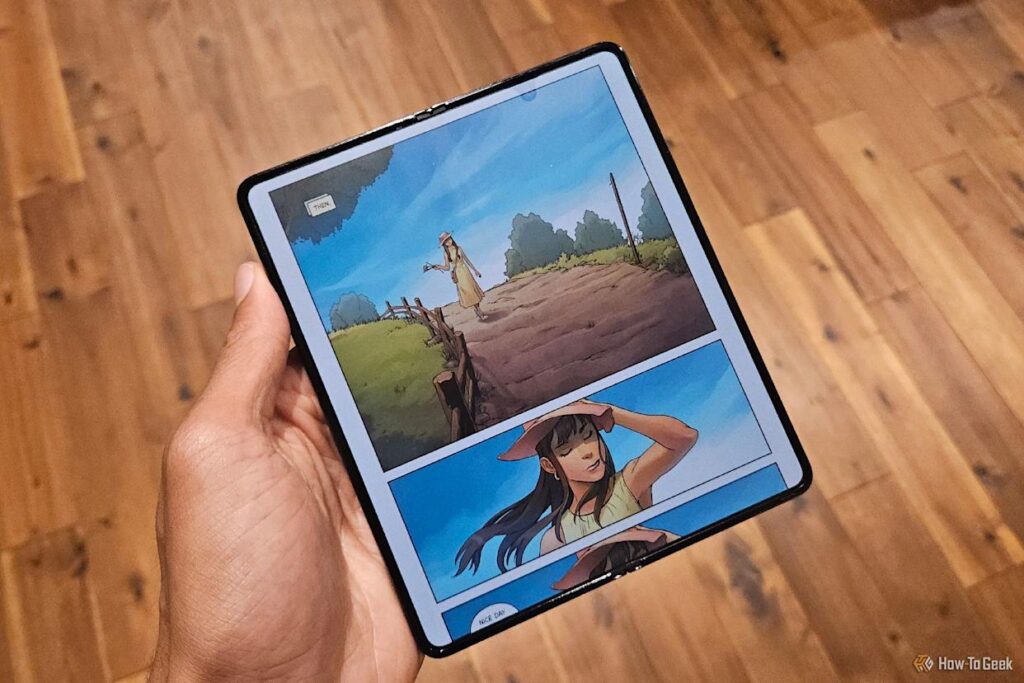
Anyone searching for “read manga online legally” will discover multiple global platforms — but Africa has its own champion: Zebra Comics.
A Zebra Comics subscription is often cheaper than the data burned on a single piracy session.
With it, readers enjoy:
- fast, clean, virus-free reading
- high-quality chapters optimized for mobile
- consistent weekly updates
- safe, ad-free experience
- support for African creators
- access to original African stories
- and the satisfaction of building the industry you want to see thrive
Legal platforms do not just provide content.
They build industries.
They sustain creators.
They create futures.
Piracy cannot do that.
FAQ
1. Is manga piracy illegal in Africa?
Yes. Manga piracy is illegal under international copyright law and is treated as intellectual property theft. African countries that are part of WIPO and the Berne Convention uphold these laws.
2. Where can I read manga online legally?
You can read manga legally on platforms like MANGA Plus, WEBTOON, and Zebra Comics for African content.
3. Why is piracy harmful to African comics?
Piracy deprives creators of income, weakens local studios, discourages investors, and slows the growth of the African creative economy.
4. Is piracy really free?
No. In Africa, piracy consumes expensive mobile data, exposes users to viruses, wastes time, and harms the industry. Legal options are cheaper and safer.
5. What is the best platform to read African webtoons legally?
Zebra Comics is Africa’s largest legal platform for reading African comics and webtoons.
The Real Cost of Piracy: A Future Lost or a Future Built
African comics could have been global by now.
The talent exists. The myths exist. The passion exists.
What has been missing is collective belief — belief that African stories deserve financial and cultural support.
Every time someone asks, “Where to read free manga?”, an African creator is quietly defeated.
Every time someone pirates, an African story loses its wings.
Piracy feels free,
but it is the most expensive choice Africa can make.
To build the future we dream of — a future where African comics stand proudly alongside manga, Marvel, and K-drama — we must choose the path that builds.
The cheapest way to read comics is to support the platforms that keep our stories alive.
And the smartest way is to do it legally.

